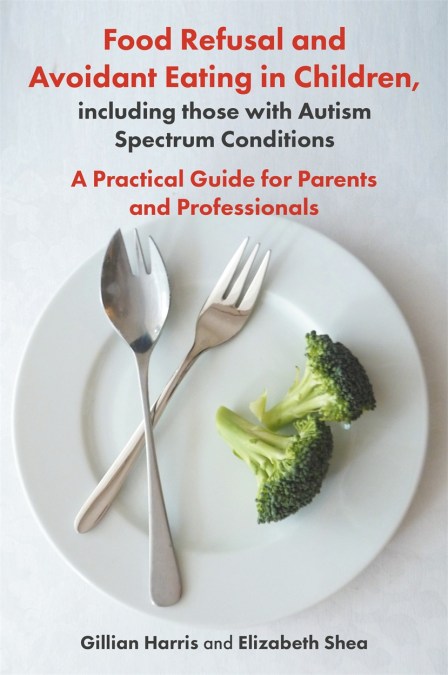Food Refusal and Avoidant Eating in Children, including those with Autism Spectrum Conditions
On sale
19th July 2018
Price: £20.99
Genre
Autism & Asperger's Syndrome / Eating Disorders & Therapy / Psychology / Self-help & Personal Development
Selected:
ebook / ISBN-13: 9781784506322
Many autistic children have a restricted dietary range, and this book provides parents with advice and training on how to support them to achieve a healthier and more balanced diet. Now described as Avoidant or Restrictive Food Intake Disorder (ARFID), it is due to sensory hypersensitivity, and it can impact the child’s health, their family life, and their social life.
Based on successful training packages the authors provide for parents and professionals, this book enables the reader to understand restrictive eating and work with children, gradually increasing the range of food a child is able to eat. It includes ‘box outs’ with case studies, points of interest and action points to make this an accessible read full of tips and strategies.
Based on successful training packages the authors provide for parents and professionals, this book enables the reader to understand restrictive eating and work with children, gradually increasing the range of food a child is able to eat. It includes ‘box outs’ with case studies, points of interest and action points to make this an accessible read full of tips and strategies.
Newsletter Signup
By clicking ‘Sign Up,’ I acknowledge that I have read and agree to Hachette Book Group’s Privacy Policy and Terms of Use
Reviews
Harris and Shea have produced a fantastic resource for parents and professionals alike. Not only does this book give great advice to help children with food refusal and avoidant eating, but also covers the evidence base about the reasons underlying these behaviours in an accessible and enlightening way.
An important book full of information for professionals and parents who deal with 'fussy eaters' (many of them are on the autism spectrum). A useful read if you want to learn more about why some children (and adults) have problems related to food and the best strategies to successfully manage this.

